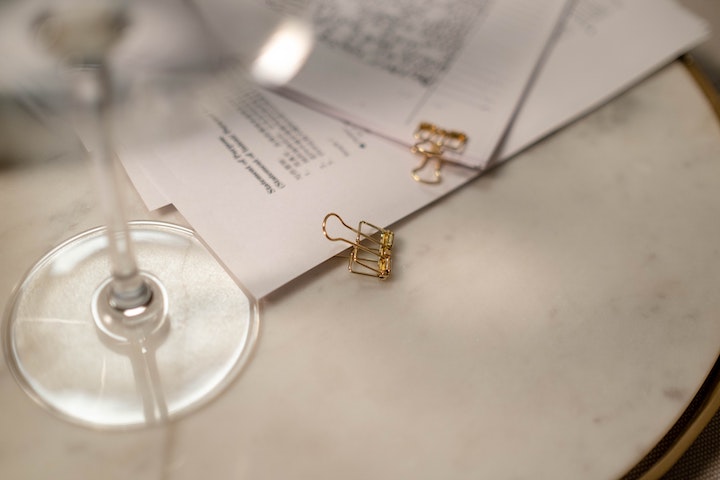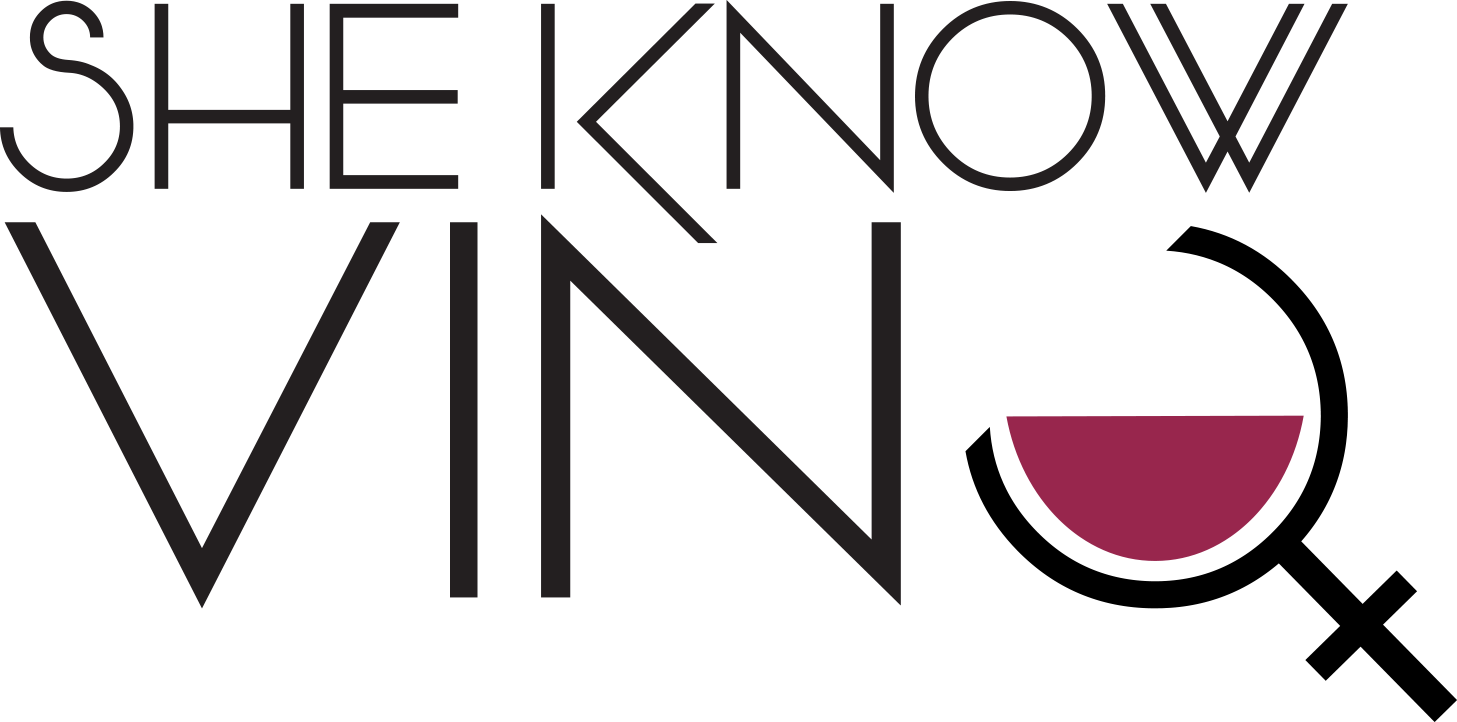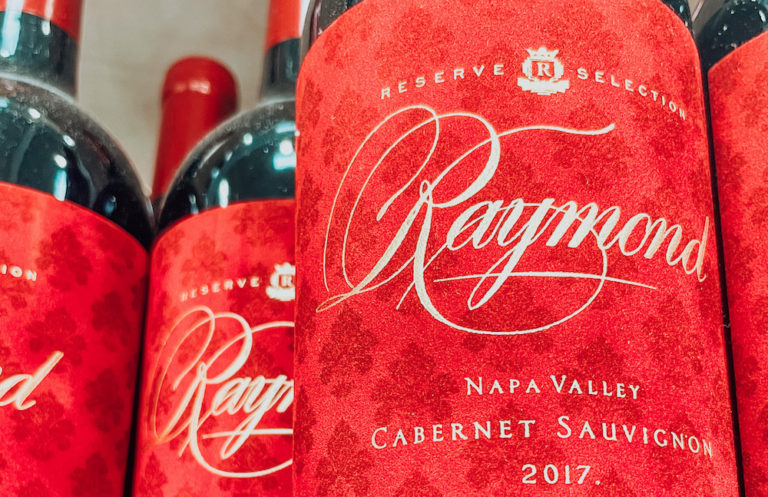Do Wine Scores Even Matter Anymore?
Let me kick this off by saying everything you’re about to read is my opinion. Just little ol’ me, shouting into the wine void. But if you’re here, you’re probably curious about wine scores—what they mean, where they come from, and whether they’re actually helpful or just fancy marketing fluff. Let’s dive in.
So picture this: You’re wandering the wine aisle, and a bottle catches your eye. Not because of the label (okay maybe a little), but because there’s a shiny sticker that says “90 points!” Sounds impressive, right? That bottle must be good.
Well… maybe. Maybe not.
Those points? They usually come from a wine publication or critic who tasted the wine and decided, yep, that’s worth a 90. But here’s the kicker: It’s just one person’s opinion. Think of it like trusting a food critic who only eats at steak houses to rate your favorite vegan spot. Make it make sense!
Here’s why I’m not team wine scores:
1. Bias is real.
Not all reviewers taste blind. (They should, but they don’t.) If a critic sees a label they love, guess what? That wine is probably getting a few bonus points—whether it deserves them or not. The wine next in line might be just as good (or better), but gets stuck with the same or lower score because the critic already gave out their love letter in number form.
Also, let’s be honest: if you already know you hate a certain grape or region, how objective can you really be?

2. Wine is moody.
It changes day to day. Hour to hour. Even mood to mood. A Napa Cab might taste one way today and blow your socks off six months from now… or fall flat in a week. (Hi, Brettanomyces, you sneaky beast.) So assigning a static number to something that’s always evolving? It doesn’t really add up.
Also, palate fatigue is so real. If you’ve ever tasted 100 wines in a day (shout out to my fellow WSET girlies), then you know tasting wine #1 and wine #101 is like two different universes. No wonder the scores bounce around.
3. It’s all just marketing.
Back when I worked in wine marketing, I found out that submitting wines for review costs a lot. Wineries don’t just drop a bottle off and hope for the best. They pay to play. Small wineries often can’t afford it, so they put their money into social media or grassroots efforts instead.
So when you see a bottle with a score, just know: it didn’t get there for free. And it might be crowding out a smaller producer with a better wine but no sticker.
4. Robert Parker and the “Oak-ocalypse”
There was a time when wineries would tailor their wines to fit one person’s taste. Enter: Robert Parker, the man who loved an oaky Cab more than life itself. He scored high, people followed, and suddenly everyone’s wine started tasting like charred vanilla.
Newsflash: if you don’t like oaky Cabs, those 96 points won’t mean a thing. (Also, watch Mondovino. It’ll blow your mind.)

5. Wine writing got way too fluffy.
You know those reviews that say things like “notes of charcuterie”? Do you mean meat? Cheese? Pickles? Salami dreams? Be specific. Just say, “This smells like Gouda and white pepper,” and move on.
I try to keep things straight-forward here at She Know Vino because wine is already intimidating enough. If your tasting note reads like a poem from a cheese-obsessed Shakespeare, we have a problem!
6. Oh, and there’s a paywall.
You want to read that 94-point review? You better pay up. Wine reviews from big-name publications are often stuck behind subscriptions. So now we’ve got wine scores that are biased, inconsistent, hard to relate to and locked behind a paywall. Cute.

So what should you do instead?
Ask for help. Seriously.
Wine associates love to chat. If you’re at a shop, just say, “Hey, I’m looking for something kinda fruity but not sweet,” and you’ll get solid recs. Or be bold—ask a stranger in the wine aisle. Wine people are always down to talk wine.
Also: Download Vivino.
This app is a game-changer. You scan the label, read real reviews, and even follow people with similar palates. (Think: Wine TikTok, but for your taste buds.) I’m not sponsored, I just genuinely use it. It even lets you make a wishlist, so you can show up to the store with a plan.
And to the industry? Ditch the points already!
Let the record show: younger wine drinkers aren’t here for the sticker shock. We care more about understanding what we’re drinking. We read reviews. We ask questions. We want to know the story behind the bottle.
Points feel outdated. It’s time to trade them in for transparency, storytelling, and actual connection. (Also… less oak. Please.)
Still curious? Check out Wine Enthusiast’s “Yes, Wine Scores Still Matter” and decide for yourself. But if you ask me, your own palate > Parker points any day.








